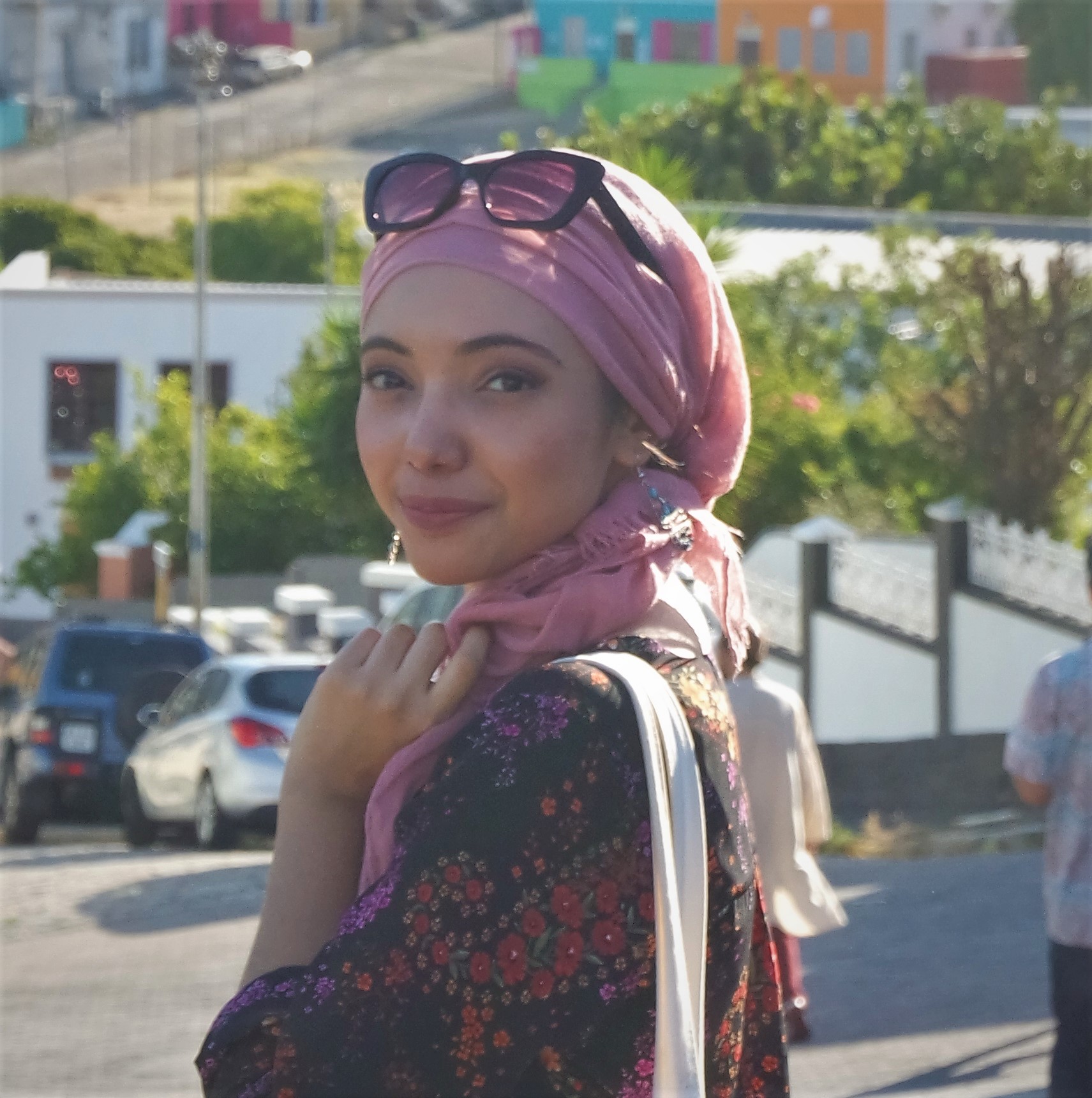
Najwa Abdullah
BRIEF BIO
Najwa Abdullah (NUS) is currently pursuing a Ph.D in Cultural Studies in Asia at the National University of Singapore (NUS). Previously, she worked as a Research Analyst at the S. Rajaratnam School of International Studies (RSIS) of Nanyang Technological University (NTU) in Singapore, assisting in various research projects on current affairs in Malaysia and Indonesia, particularly vis-à-vis race and religious relations. She was previously trained in English Literature at Universitas Indonesia (BA) and Critical Media and Cultural Studies (MA) at SOAS University of London. She has also worked as a journalist for a Muslim lifestyle magazine based in Singapore, Aquila Style. Her current research interests include studies of popular culture, contemporary Islam, histories of media and communication, critical theory, and postcolonial thought.
CURRENT AND FUTURE PROJECTS
Najwa is currently working on her dissertation on Islamic popular media industry in Indonesia, tentatively titled as “Islam in the Age of Mechanical Reproduction”. Broadly speaking, it aims to draw explicit links between the religious change and technological transformation in Indonesia, explaining how technological transformations in the ways that Islamic knowledge and culture are produced, distributed, and consumed shape a particular form of religiosity. Taking the notion of transmedial cinema as the departure point of analysis, this research focuses on what I argue as four distinct roles of mechanical reproduction technologies of print and film in the modern age as technologies of 1) (un)realism, 2) empire, 3) the Self, and 4) capital. Based on analyses of several Islam-themed films and literature released between 2000 and 2020, the study contends that modernisation, particularly the media and communicative transformations that it entails, facilitates rejuvenation of religious traditions, and thus produces a new type of religiosity and Muslim subjectivity. It is interesting how certain mechanical structures influence the ways Islam are understood and represented. This concerns the origin and trajectory of cinema as mimetic technologies as well as its interdependent relationships with other media and commodity forms nowadays. The films approach Islam in mainly two ways: through a portrayal of globalisation and migration and a discussion on sexuality and gender relations. These focuses serve numerous purposes. On the one hand, in a postcolonial perspective, it is an anti-imperialist strategy that seeks to gain narrative control amidst the rampant Orientalist stereotypes of Muslims in global mainstream media and thus subvert the restrictive notions about Islam and Muslim societies in such imagination. On the other hand, it operates as technologies of self-cultivation and fashioning, attempting to sculpt a new moral self, particularly “a new type of experience of oneself as a sexual being” (Foucault, 1954-1984, 180).
RECENT REPRESENTATIVE PUBLICATIONS
1. Najwa Abdullah & Mohamed Nawab Mohamed Osman (2018) Islamisation in the Indonesian media spaces: new sites for a conservative push, Journal of Religious and Political Practice, 4:3, 214-232, DOI: 10.1080/20566093.2018.1525894